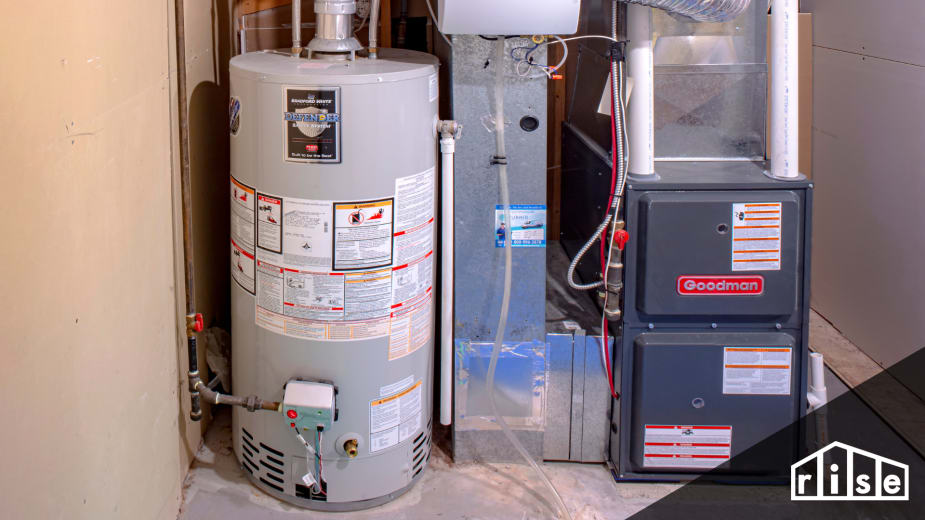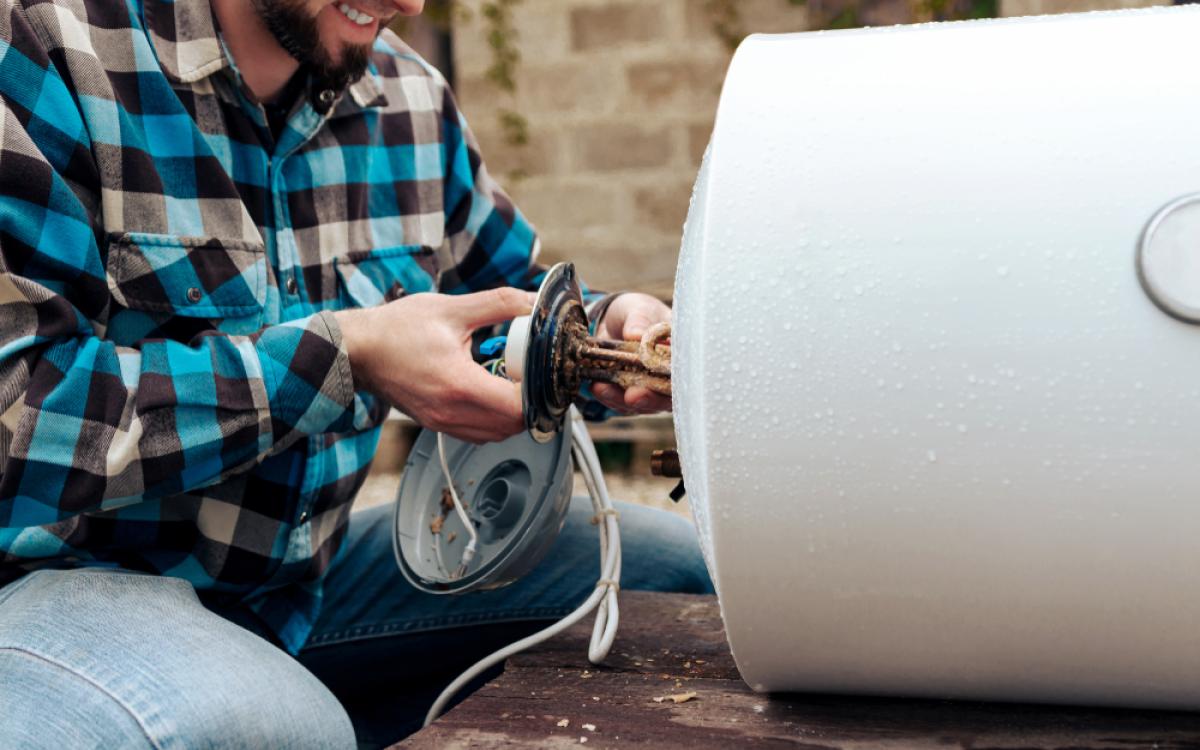This article following next pertaining to How to Avoid a Broken Hot Water Heater is exceedingly stimulating. You should investigate for yourself.

Whether it is situated in the cellar or a different area, busted water heaters can cause anxiety. Having no warm water supply is additionally troublesome.
Call the Plumber
After doing the first two safety steps, you must call your plumber to come right now to take care of a burst water heater. Keep in mind that your system will not simply conk out dramatically overnight. There are typically signs that your aging water heater has debris build-up in the interior. Bear in mind of the following:
Do not await significant flooding to call the plumber. Already, you will certainly need to invest even more to recover your property. Instead, as quickly as you find these indications, have actually a specialist come to inspect your water heater storage tank. Typically, water heaters have a lifespan of regarding 8 to 12 years. With routine assessment as well as maintenance, you can extend its life.
Cut Off the Cold Water Supply
Cut off the storage tanks tap water supply from the source. This goes from your major water line right into the storage tank. When your tank is in good condition, the cold water stops filling up when the tank is complete. Given that it is leaking, the water will proceed to move. Shut the shutoff discovered at the top of the heating unit. Revolve this clockwise to close it off. You should turn off that major water supply line outside your home if you can not find it or reach it.
Shut Off Power Source
Before calling the plumber, shut off a gas water heater by turning the temperature level dial. This is usually situated on top of the thermostat. If you have a version that works on electric power, turn off the circuit breaker. This will protect against electrocution, particularly if there is a leakage as water is a conductor. Commonly, the heating element shuts down when the water strikes a certain temperature level. However with a damaged tank, it may malfunction. Sufficing off ensures you stay secure.
Tidy up Property
After calling the plumber, paper damages by remembering and also photos so you can claim your house owner's insurance. From there, start the prompt cleanup. Take out any important possessions to prevent further soaking. Then, remove any kind of standing water to avoid mold and mildew development. Use that to drain the water if you have a completely submersible water pump. Otherwise, the traditional bucket method will certainly also function. Attempt to wipe out whatever, including walls and also wall surfaces. If you have an electric fan and dehumidifier, keep them going to maintain air circulating. This will assist prevent mold growth.
Keep in mind, if you notice any type of concerns with your water heater, call the pros immediately. You can not take this trouble lightly since a faulty thermostat can increase water temperature to an alarmingly high degree, bring about unintentional burns. A damaged heating unit pressure safety valve can additionally trigger an explosion. For best outcomes, obtain an annual check so your device obtains examined, cleaned, drained pipes, as well as replenished, ensuring optimum efficiency.
After doing the first two safety steps, you must call your plumber to come right away to deal with a ruptured water heating unit. Rather, as quickly as you spot these signs, have an expert come to evaluate your water heating system tank. Before calling the plumber, shut off a gas water heater by turning the temperature dial. If you have a completely submersible water pump, utilize that to drain the water. Keep in mind, if you discover any type of issues with your water heater, call the pros right away.
Is My Water Heater Broken?
The Water Heater is Old
No appliance will last forever. This includes a home’s water heater. During its lifespan, residents are going to face a situation where a new water heater installation will be necessary. The biggest problem with this is that most people are not sure when their water heater expires. Not knowing this can lead to serious risks if the unit begins to act up due to old age.
Most makes and models of water heaters will last between eight and 10 years. While 10 years is the age when water heater replacement is highly recommended, the need to replace the unit may occur before this time or after. If the unit doesn’t show any symptoms of a problem, it is a good idea to replace it at the 10-year mark (from the manufacture date).
Some of the symptoms that indicate a new unit is needed include rusting, leaks, noises, and a failure to heat up the water. Also, note that not all units have a 10-year life expectancy. The main exception to this rule is that a gas unit will last for six to eight years.
Rusty Heater Inlet Valve or Water
While steel is the strongest material on earth, it does have a weakness – rust. If corrosion occurs on a steel surface, it will begin to spread and eat through the steel in certain areas. On water tanks and pipes that are made of steel, rust is a warning sign of an impending leak.
The issue for many is trying to figure out if the rust is coming from the water heater or the pipes that lead to the faucet. If rust is seen, it is a clear indication that water heater service from the professionals is needed.
If rusty water appears out of the faucets in the bathtub or sink, it likely means a rusty water heater. If there is rust near the water inlet or the pressure relief valve, rust has likely developed inside the tank. If tap water appears rusty, it may be an issue with the pipes.
Strange Sounds from the Water Heater
Are there strange sounds coming from the tank? As a water heater gets older, rumbling noises may develop and get louder and louder as the water in the tank heats up. In homes where large amounts of hot water are used, the issue is likely going to be even more obvious when more serious issues arise. If there is a strange or loud noise coming from the unit, it is probably because of sediment buildup. A good way to remedy this problem is by flushing the heater. If this does not work, then a new unit may need to be installed.
Leaks
As a water heater gets closer to the end of its useful life, there is a higher chance there will be water around the tank. If there is water, this usually means leaks are occurring. Based on where the unit is located in the home, a leak may result in serious property damage.
Leaks are usually caused by expansions in the metal tank. The expansions occur as time passes and as the inside body of the tank is exposed to multiple heating cycles per day. When a fracture forms, the gap will be slight enough to hold the water in; however, in more serious situations, this will not be the case. If the tank is idle, the water will not leak but when the metal expands during each heating system, small amounts of water will get through the gap.

Hopefully you enjoyed our piece on Water Heater Repair. Thank you for finding the time to read our article post. Kindly take a moment to distribute this post if you enjoyed reading it. Thank you so much for your time invested reading it.
Immediate help? Contact.